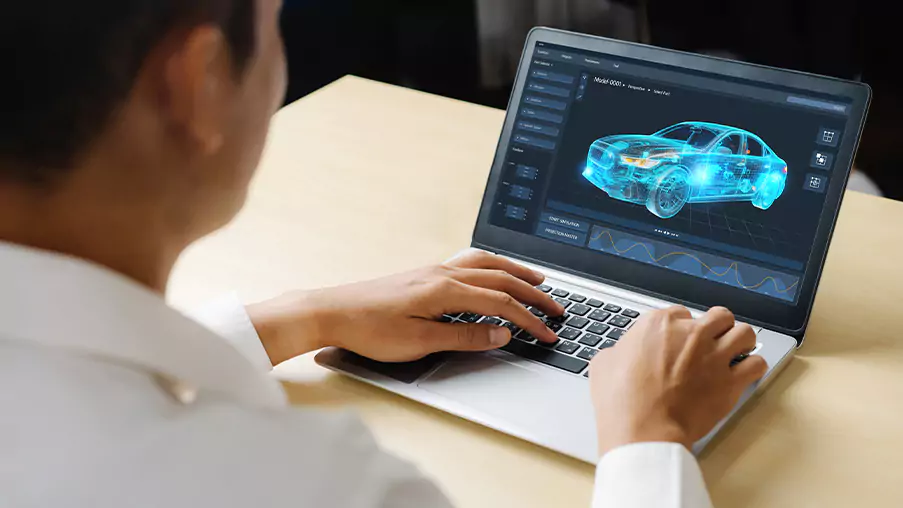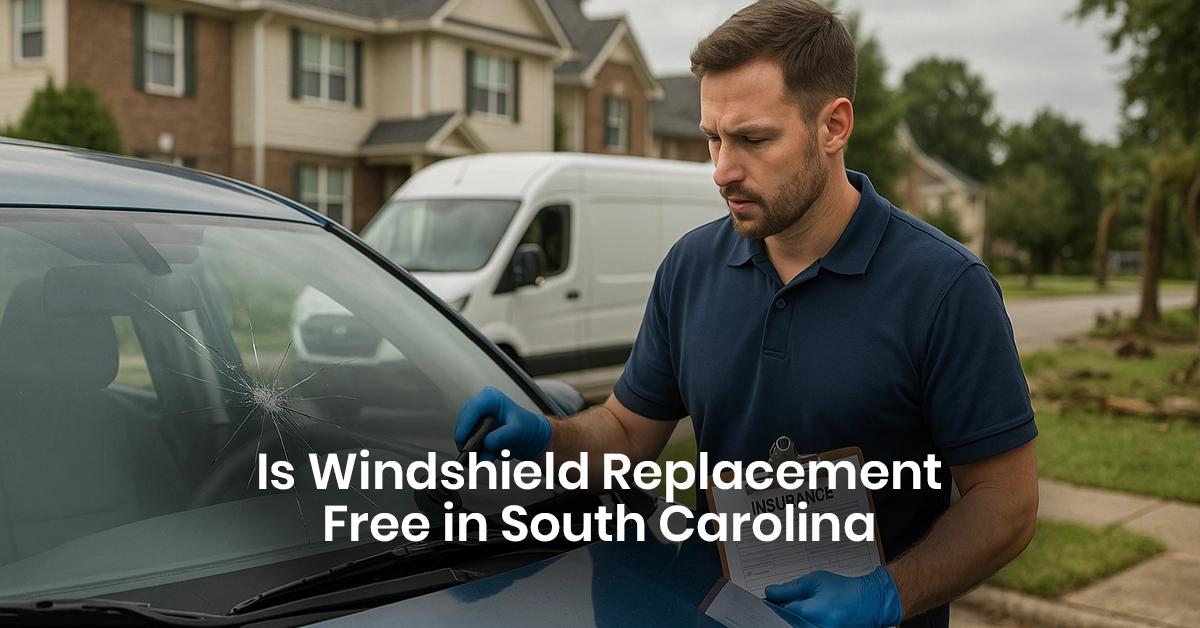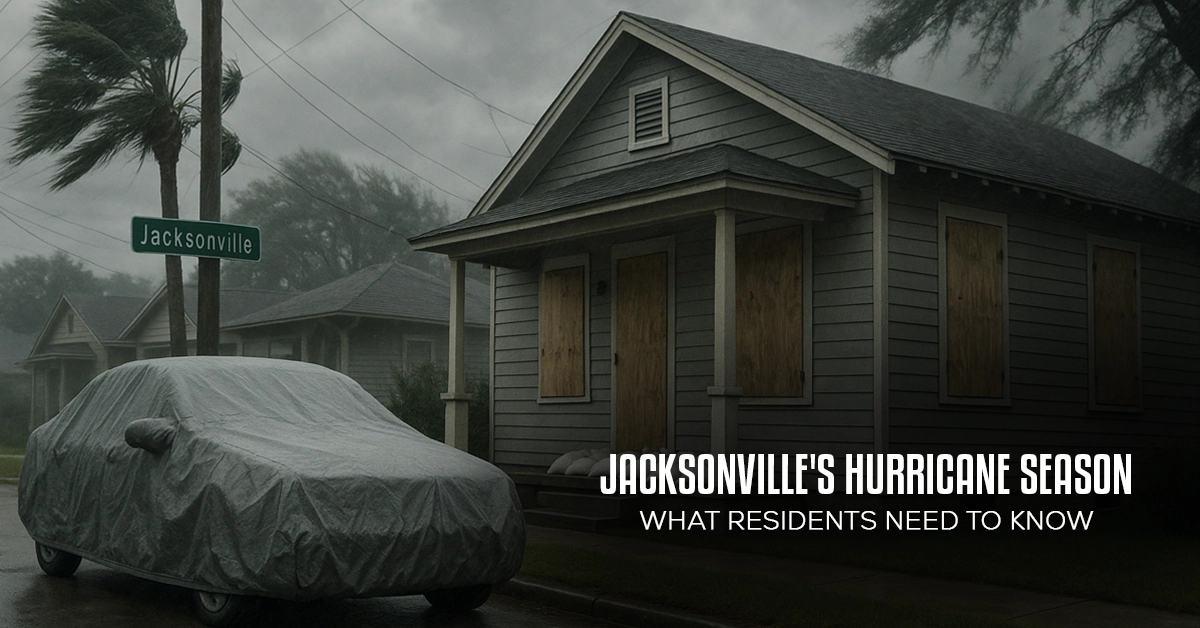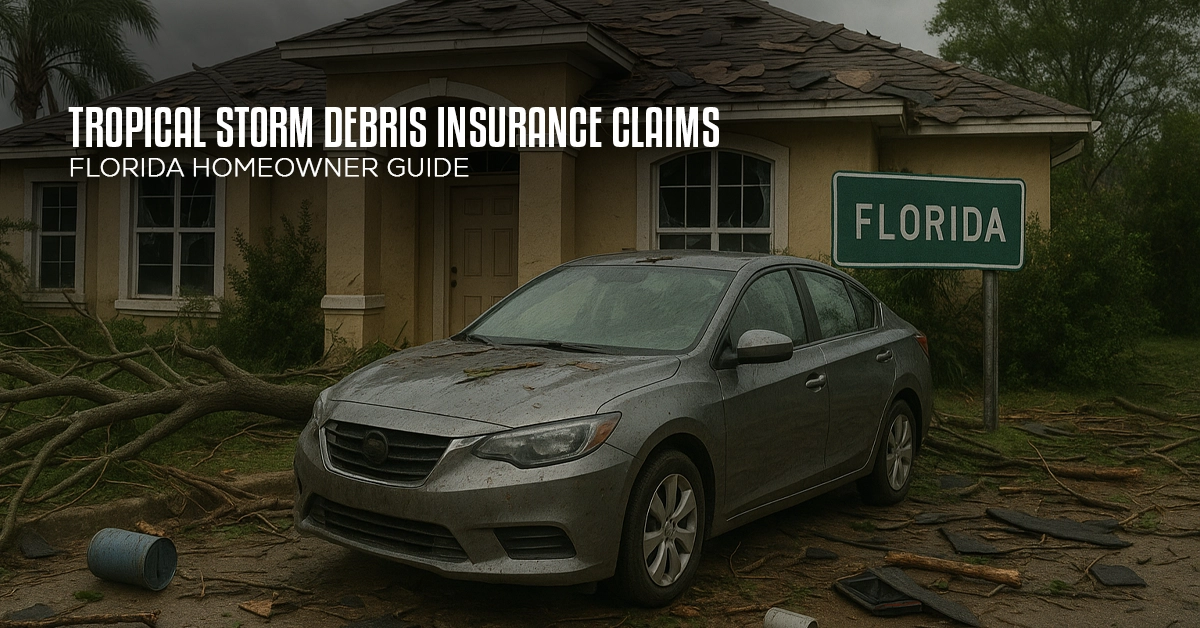How ADAS Calibration Enhances Driver Safety and Reduces Accidents
July 31, 2024
Modern cars add no value without Advanced Driver Assistance Systems (ADAS), which offer functions, like adaptive cruise control, automated brake assistance, blind-spot identification, and lane-changing alerts.
These technologies improve driver safety by alerting you of possible dangers, helping you to reduce the risk of crashes by making your driving more pleasant and stress-free. Accurate calibration is important to ensure electronic devices work at their best.
ADAS calibration is important to ensure car safety elements work exactly as they should. They can react with accuracy when your sensors and cameras are calibrated properly.
Sensors and cameras collect data from the environment around your car. Imagine how peaceful driving would be when you know your vehicle can identify obstacles and navigate them, ensuring your safety while driving.
What is ADAS Calibration?
ADAS Calibration is used for precise alignment of cameras and sensor modification that enable your car’s Advanced Driver Assistance Systems. This procedure ensures that functions such as collision avoidance, lane departure warning, and adaptive cruise control can be accurate.
Maintaining the highest safety standards on the road reduces the chance of accidents, and boosts driver confidence in various driving scenarios all achieved through proper ADAS calibration. While these systems can be expensive, understanding their significance in ensuring your safety makes the ADAS calibration price a worthwhile investment.
Key Components of ADAS that Require Calibration
Several critical elements within the ADAS require calibration to function correctly:
- Cameras: The vehicle is equipped with cameras placed strategically to offer a complete view of its surroundings. It is essential to have HD cameras to click exceptional images for maintaining advanced safety features, like lane-keeping assistance, parking assistance, and collision detection. They all play a vital role in modern ADAS.
- Radar Sensors: Radar sensors have a massive impact in determining the proximity, velocity, and path of objects in the immediate area of your vehicle. They enable functions like collision avoidance and adaptive cruise control, making them an integral section of the ADAS systems.
- Ultrasonic Sensors: Parking assistance systems heavily rely on ultrasonic sensors to help you with parking actions by identifying objects in close range and sending out safety signals.
- Lidar: Laser pulses are used in Lidar (Light Detection and Ranging) technology to produce high-resolution maps of the area around the vehicle. These detailed maps help with accurate item identification and avoidance of collisions.
How Does Proper ADAS Calibration Enhance Driver Safety?
Check out these vital aspects to understand the operation behind ADAS calibration for driver safety:
- Precise Object Identification: Accurate object and pedestrian detection is possible by calibrated sensors and cameras, which help to reduce the risk of accidents.
- Dependable Lane Keeping: When properly calibrated, lane departure alerts and lane-keeping assistance features work according to plan and assist you in staying on your specified lane.
- Effective Collision Avoidance: When ADAS is calibrated correctly, it can predict possible crashes and take preventative measures like automated braking, greatly reducing the probability of an accident.
- Improved Adaptive Cruise Control: When equipped with calibrated radar sensors, your vehicle keeps a safe distance from the car running in front of it, and modifies its speed as required.
The Process of ADAS Calibration
Technicians perform these steps meticulously to achieve accurate ADAS calibration:
- Pre-Calibration Inspection: To prevent calibration errors, technicians check your car for damage and imbalances.
- Static Calibration: In this process, sensors and cameras are aligned while your car is stationary using targets and specialized equipment.
- Dynamic Calibration: The car is driven in various conditions, like the highways, city streets, and in different weather and lighting conditions. This allows the ADAS to self-calibrate and adjust to a range of typical driving scenarios and environmental factors.
- Post-Calibration Testing: Technicians do tests to confirm the calibration’s correctness and ensure every system works perfectly.
Risks of Ignoring ADAS Calibration
If ADAS calibration is done incorrectly, it can pose several risks:
- Inaccurate Sensor Readings: When sensors are not aligned properly, they might give incorrect information that can cause the system to react improperly.
- Malfunctioning Safety Features: Inaccurate operation of features such as collision avoidance and lane-keeping assistance can raise the danger of an accident.
- Decreased System Dependability: Your car becomes less secure to drive when there is a decrease in ADAS’s total dependability.
When and Why, You Should Get Your ADAS Calibrated
In the below circumstances, you must consider ADAS calibration:
- Following Windshield Replacement: windshield replacement may impact the alignment of the numerous ADAS sensors and cameras it contains.
- After A Collision: Even little collisions can shift sensors out of alignment; necessary changes must be done to ensure proper operation.
- Routine Maintenance: Routine maintenance inspections must be done using ADAS calibration to ensure ongoing accuracy and dependability.
Benefits of Regular ADAS Calibration
Regular ADAS calibration offers numerous benefits:
1. Increased Security
Regular ADAS calibration improves safety by providing accurate system reactions and accurate sensor readings are essential for avoiding collisions and securing passengers.
2. Enhanced System Efficiency
When ADAS systems are calibrated, they work at their best, offering you dependable and consistent support across multiple driving circumstances.
3. Peace Of Mind
Regular ADAS calibration provides a more comfortable and secure driving experience by giving you peace of mind that your car’s safety systems are calibrated and operating as designed.
Choosing the Right Service Provider for ADAS Calibration
Picking the right service provider for ADAS calibration services is always vital. Here’s what to look for:
- Proficiency: Ensure that the service firm has qualified experts capable of handling the complicated nature of modern car systems with ADAS calibration experience.
- Equipment: The reliable service provider should implement cutting-edge calibration devices and technologies to ensure precise and accurate ADAS changes for your car.
- Credibility: Look for ADAS calibration service providers with a track record of success and high customer satisfaction ratings.
Conclusion
Maintaining the effectiveness and safety of your car’s advanced driver assistance systems requires regular ADAS calibration. Your driving experience will be more dependable, driver safety will be improved, and accident risks will be decreased by ensuring your ADAS is set correctly.
Use NuVision Auto Glass for ADAS calibration services if you need them. Our state-of-the-art technology and skilled specialists ensure accurate calibration, giving you peace of mind while driving.







